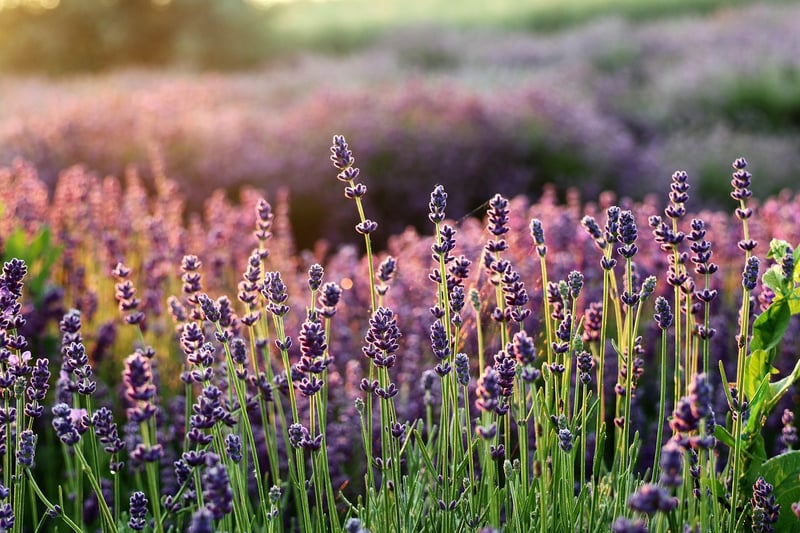Fertilizing Methods
Guide to Nurturing Plants and Fertilizing Methods
Nurturing Plants
Plants are a beautiful addition to any home or garden, but they require proper care to thrive. Here are some essential tips for nurturing your plants:
1. Light
Ensure your plants receive adequate sunlight based on their specific needs. Some plants thrive in direct sunlight, while others prefer indirect light.
2. Watering
Water your plants regularly but avoid overwatering, as it can lead to root rot. Make sure to water the soil directly and not the leaves.
3. Soil
Use well-draining soil for your plants to prevent waterlogging. Consider repotting your plants if the soil becomes compacted.
4. Pruning
Remove dead or yellowing leaves and spent flowers to promote new growth and keep your plants healthy.
Fertilizing Methods
Fertilizing your plants is essential to provide them with the necessary nutrients for growth. Here are some common fertilizing methods:
1. Organic Fertilizers
Organic fertilizers such as compost, manure, or fish emulsion provide a slow release of nutrients and improve soil quality.
2. Synthetic Fertilizers
Synthetic fertilizers are fast-acting and provide specific nutrients to plants. Use them according to the instructions to prevent overfertilization.
3. Foliar Feeding
Applying liquid fertilizer directly to the leaves of plants can provide a quick nutrient boost, especially during the growing season.
4. Slow-Release Fertilizers
Slow-release fertilizers gradually release nutrients over time, reducing the risk of nutrient leaching and ensuring steady plant growth.
By following these nurturing and fertilizing tips, you can help your plants thrive and enhance the beauty of your indoor or outdoor space.


For more information on plant care and fertilizing techniques, visit Royal Horticultural Society.
